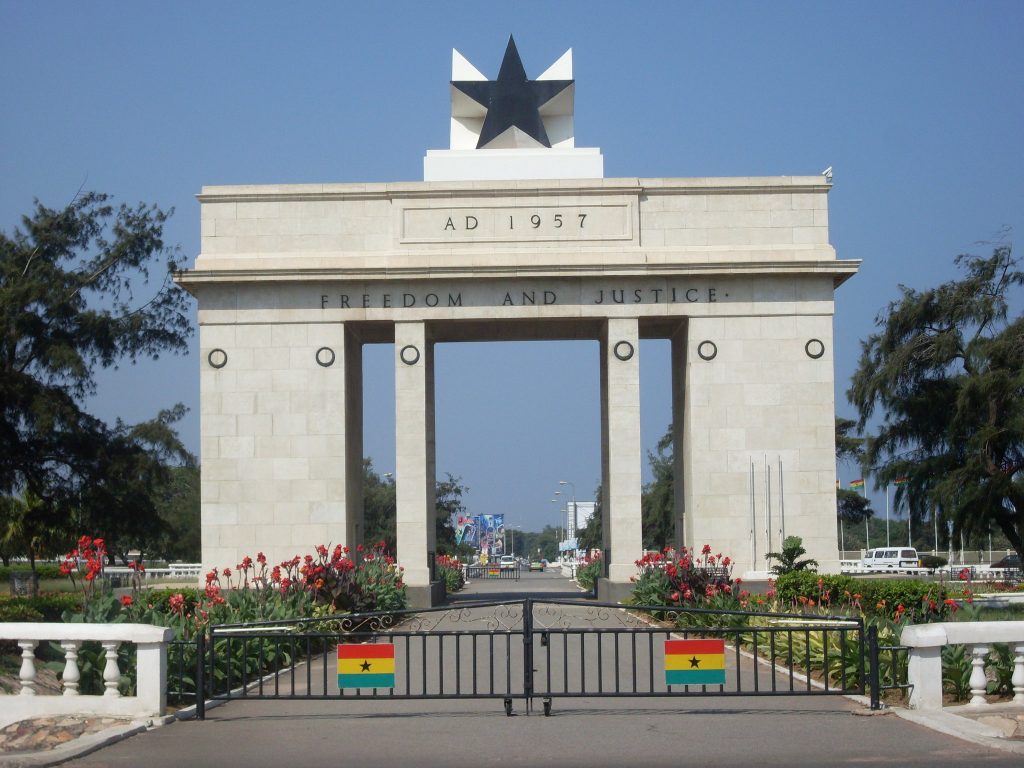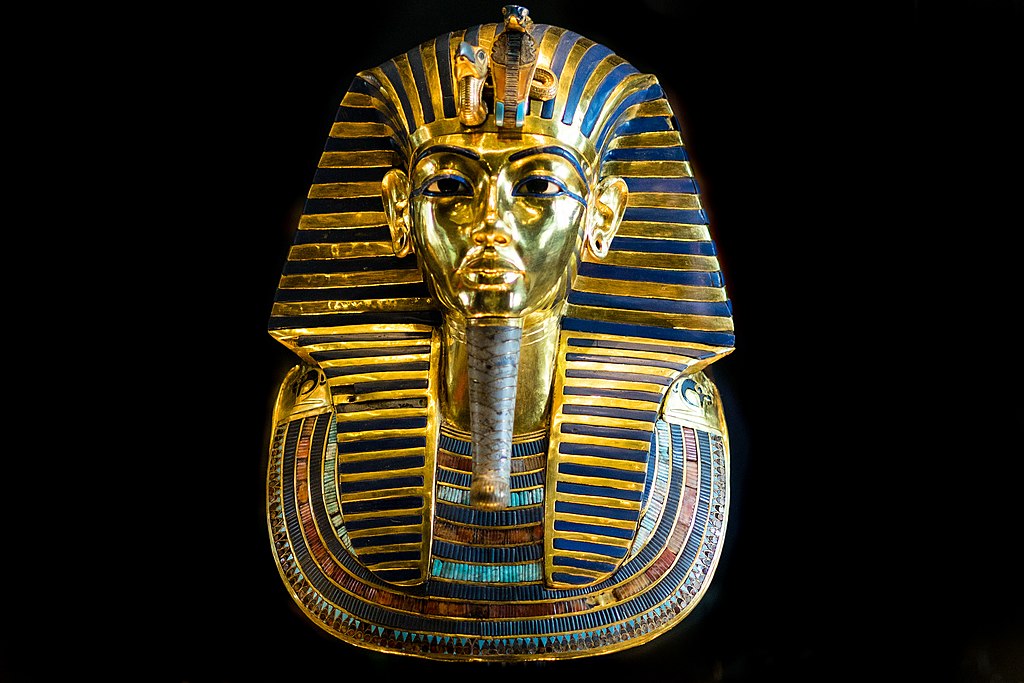In 1987, 193 people die when a ferry capsizes in the North Sea
The Herald of Free Enterprise was a roll-on/roll-off (RORO) ferry that had just left the Belgian port of Zeebrugge. The assistant bosun had left bow doors open and as the boat gathered speed, it immediately started filling with water. Within 90 seconds, it had fallen to its side, half submerged in shallow waters, only a kilometer away from the port. Rescue efforts were able to limit the casualties, but almost 200 people died, most from hypothermia from being trapped in very cold water. The disaster lead to a new era of safety measures for maritime travel and the introduction of the International Safety Management Code.
In 1957, Ghana becomes the first African country to gain independence from colonial rule
Ghana was known as the Gold Coast by the European colonials that started exploring the region there in the 15th century. In 1874, Britain made the Gold Coast a crown colony. With influence of the the powers surrounding it, it gradually developed a booming economy mainly on cocoa trade, and established institutions similar to those in Europe. It was granted recognition as an independent self-governing member of the Commonwealth and a member of the UN with Kwame Nkrumah as its leader.

The “Independence Arch” in Accra, Ghana.. The national motto, “Freedom and Justice” is boldly inscribed at the top of the arch.
In 1924, King Tut’s tomb opened
In 1869, The first periodic table of chemical elements is presented
Russian chemist Dmitri Mendeleev presented the system to the Russian Chemical Society. He arranged the elements in ascending order of their atomic weight and grouped them based on similar properties.
– Don’t miss out on To Vima’s daily “On this Day in History” posts.




